Intimidation or Weakness?
John Dotson, deputy director of Washington-based non profit Global Taiwan Institute, told The Epoch Times that the incursions were an intimidation tactic and part of a grander strategy by Beijing to coerce the international community away from the defense of Taiwan.“The flights into Taiwan’s ADIZ are part of a larger intimidation campaign that is also being conducted in the realms of diplomacy and propaganda,” Dotson said in an email, “as seen in Xi Jinping’s Oct. 9th speech, which condemned Taiwan’s government and reasserted the inevitability of Taiwan’s ‘unification’ with China.”
The PLA Daily, China’s official military newspaper, followed up with an article that said that the PLA would “crush” any attempts to separate Taiwan from the mainland, though Taiwan has been self-governed since 1949.
“The escalation of these intrusions is meant to [firstly] intimidate the Taiwanese people, who cherish their democracy, into giving up the will to stand their ground. [And secondly], test the will of the U.S. and free world after Chinese state media openly mocked Taiwan for relying on the US for its defense after the Afghanistan crisis.”
“Intimidation tactics against Taiwan also serve Xi Jinping’s purposes for shoring up his own position within the Communist Party,” Dotson said. “Ultimately, that’s a more important factor than any of the justifications cited by Beijing.”
Krach said, “With the brewing domestic real estate and energy crisis, Xi is weaker than he wants the world to believe and he’s overplaying his hand.”
Fatigue is the Real Threat
Despite PLA saber-rattling, Dotson and Krach believed that an invasion of Taiwan was not imminent, though an attempted assault could be likely in the coming years.“I believe that the leaders of the Chinese Communist Party see that trends in Taiwan are not running their way, and are losing patience with hopes that Taiwan will submit to voluntary annexation,” Dotson said. “It is plausible, and a growing danger, that the PRC [People’s Republic of China] might undertake an amphibious invasion against Taiwan within the coming decade.”
“But, I think it more likely that we will see an escalating campaign of ‘gray zone’ intimidation tactics, perhaps ultimately leading to efforts to block shipping in and out of Taiwan ports, and flights in or out of Taiwan’s airports.”
For his part, Krach believed that China could still be deterred from all-out conflict provided the United States and its allies remained steadfast in their commitment to a free and open Indo-Pacific.
“General Secretary Xi sees the annexation of Taiwan as a crowning jewel in his legacy,” Krach said. “That certainly makes the China-Taiwan tensions more combustible.”
“If the free world stands with Taiwan, in both the diplomatic and economic realms, Xi and the CCP leadership will get the message that a military invasion will bring about their political demise.”
“The need to constantly launch air patrols to escort PLA aircraft will produce multiple forms of strain on Taiwan’s air force: to include pilot fatigue, increased wear on airframes, and increased fuel and maintenance budgets,” Dotson said. “It will also cut into training time.”
“There is the risk of psychological fatigue over time,” Krach said, “as these provocative PRC military flights become routine. This presents an increased risk of tactical surprise if one of these sorties were to turn into an actual attack, or direct flight over the island.”
Still, Krach expressed a belief that the people of Taiwan would continue to express resiliency in the face of adversity.
The Future of Freedom at Stake
Following the incursions earlier this month, Taiwan President Tsai Ing-wen swore that the self-governed island would defend itself and its “free and democratic way of life” from CCP aggression.That appeal to the continued dominance of democratic values was not a simple talking point. To hear Dotson tell it, it is a statement of what is truly at stake in the current standoff between Taiwan and the CCP.
“These growing tensions surrounding Taiwan are genuinely very dangerous,” Dotson said. “As has been accurately pointed out in recent statements by President Tsai Ing-wen and other senior Taiwan officials, the growing stand-off over Taiwan is a struggle between expansive authoritarianism and democracy, and the outcome will have tremendous repercussions for the decades ahead.”
“Taiwan is critically important,” Dotson added. “If the United States were to stand back while a democratic state was annexed by force, it would present an enormous blow to both U.S. moral authority and the cohesion of the U.S.-led alliance systems in Asia and Europe.”
In addition to wearing down the hearts and minds of the people of Taiwan, Krach noted that the recent uptick in ADIZ incursions is also an effort to champion the CCP’s sovereignty-based authoritarianism and to erode the influence of the United States’ democratic and international multilateralism abroad.
The reasons for this, according to Krach, go beyond mere jockeying for influence, and extend to a deep-seated fear among the CCP’s elite concerning the influence that free peoples in democratic states can wield. Taiwan specifically, he said, represents a vision of a future that is wholly incompatible with communist repression.
“What I have come to know in my 40-year career as a businessman and later as a diplomat, is that Taiwan is an indispensable partner in advancing freedom, and shows the power of free markets and democracy as a counterweight to authoritarian states,” Krach said.
“Taiwan is a testament to the Chinese mainland that democracy and human rights are possible for them too.”
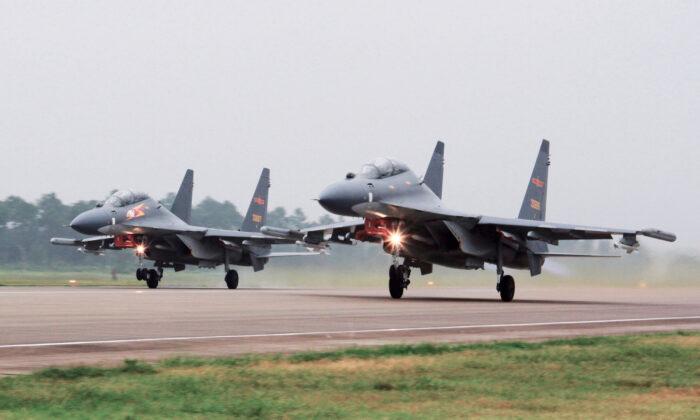

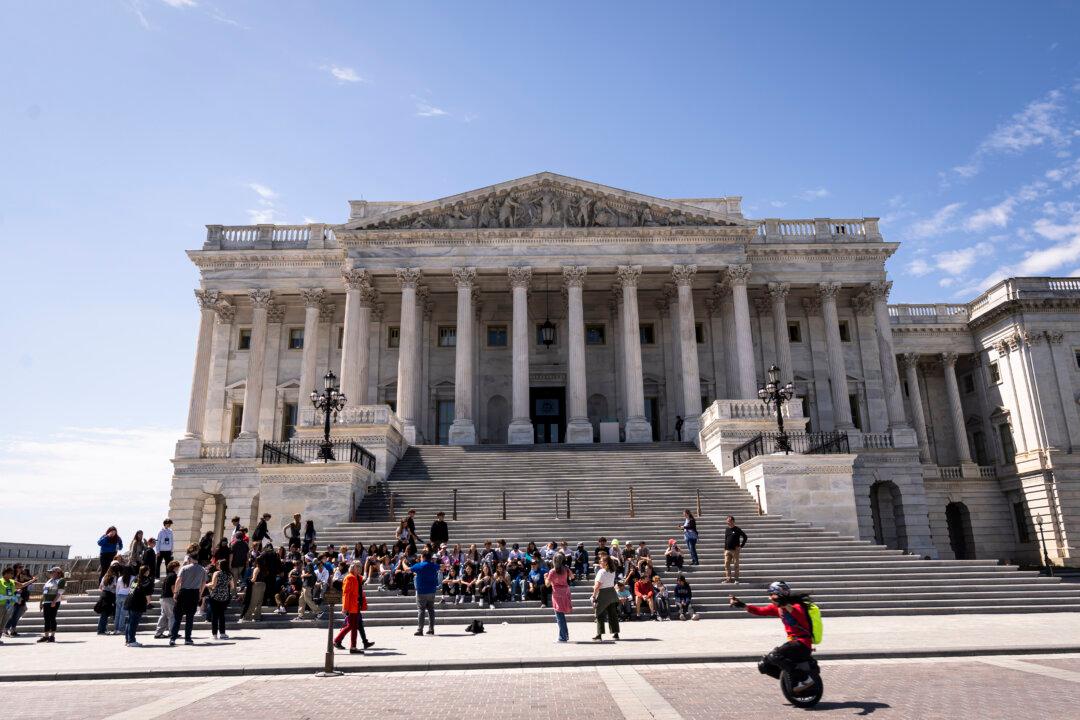
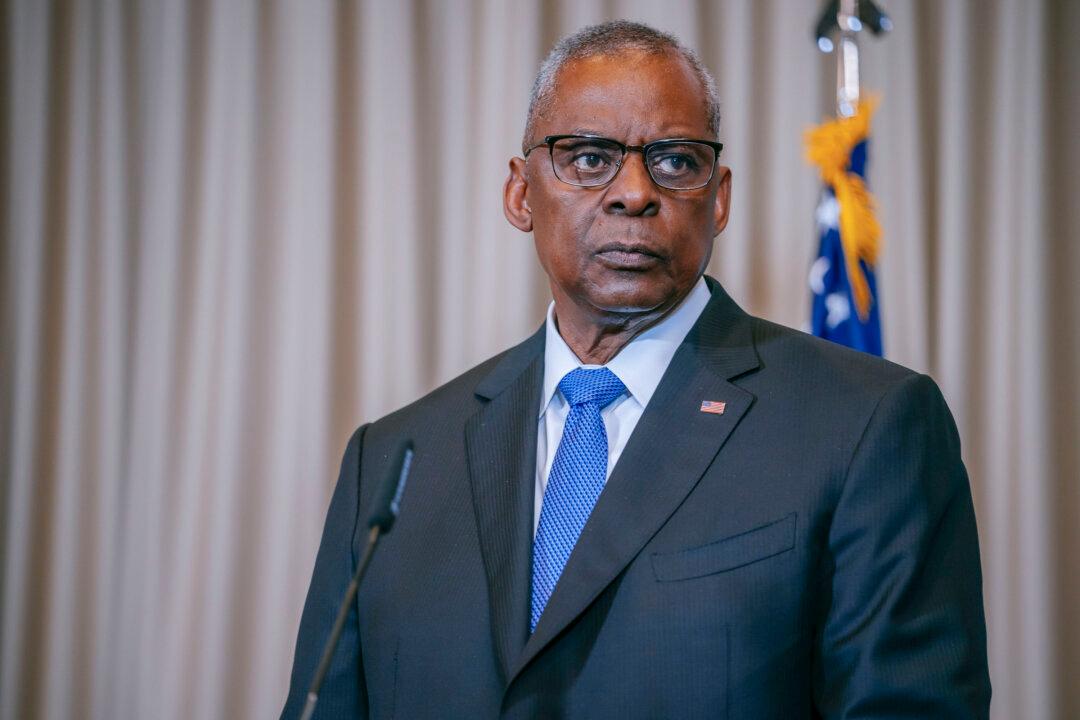
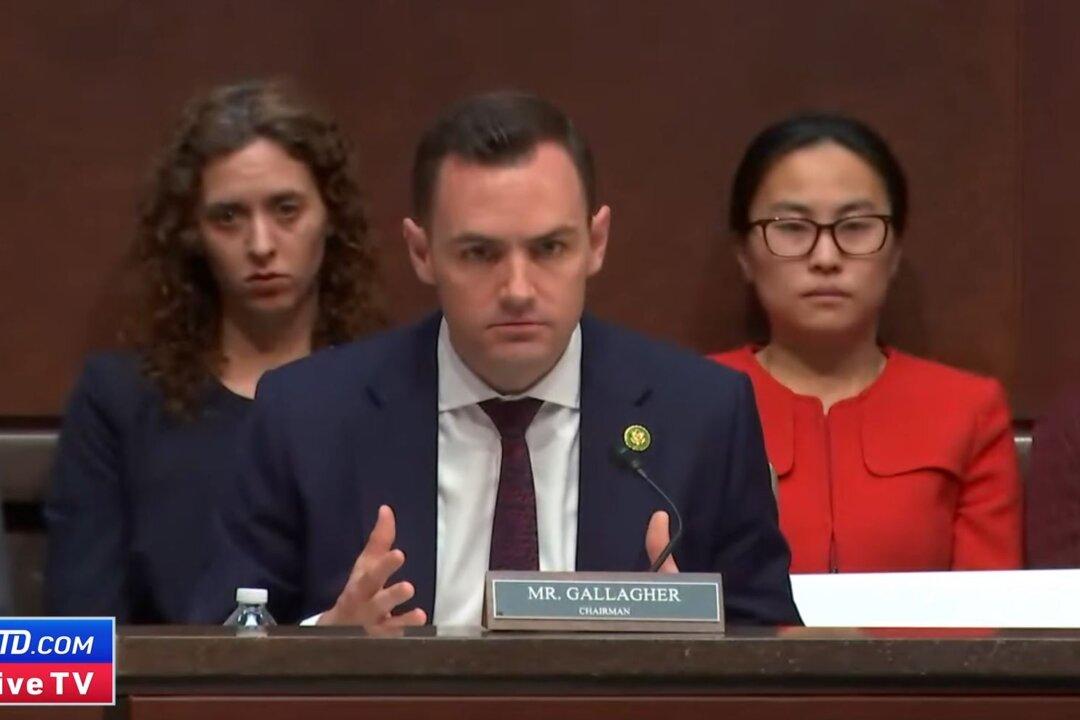
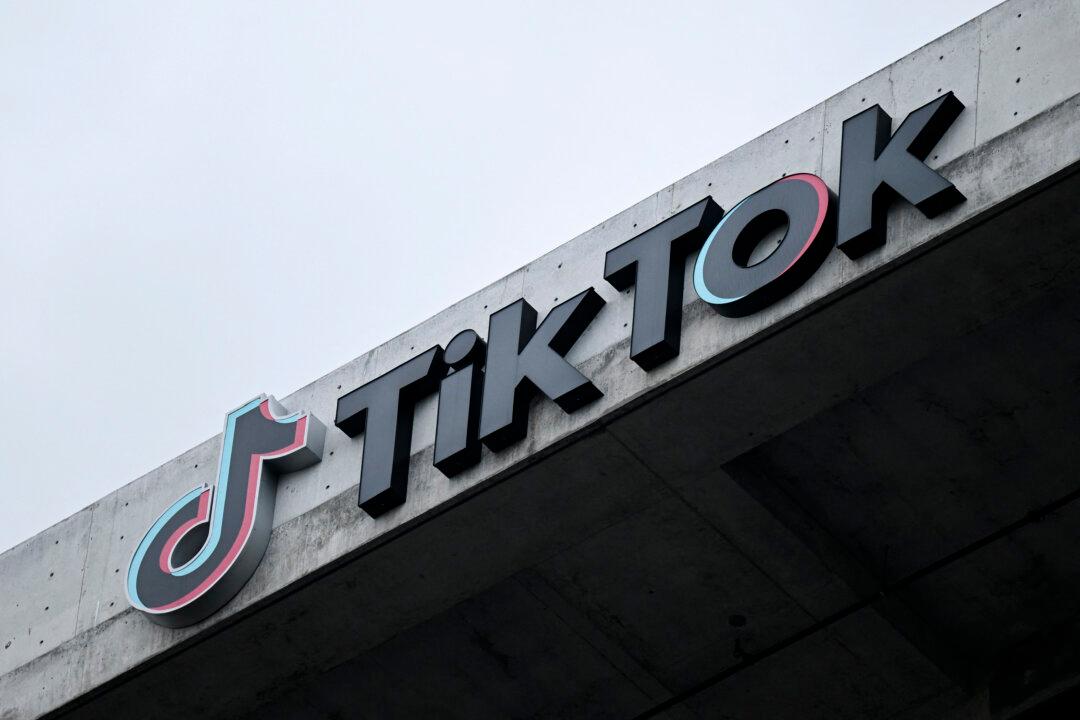
Friends Read Free